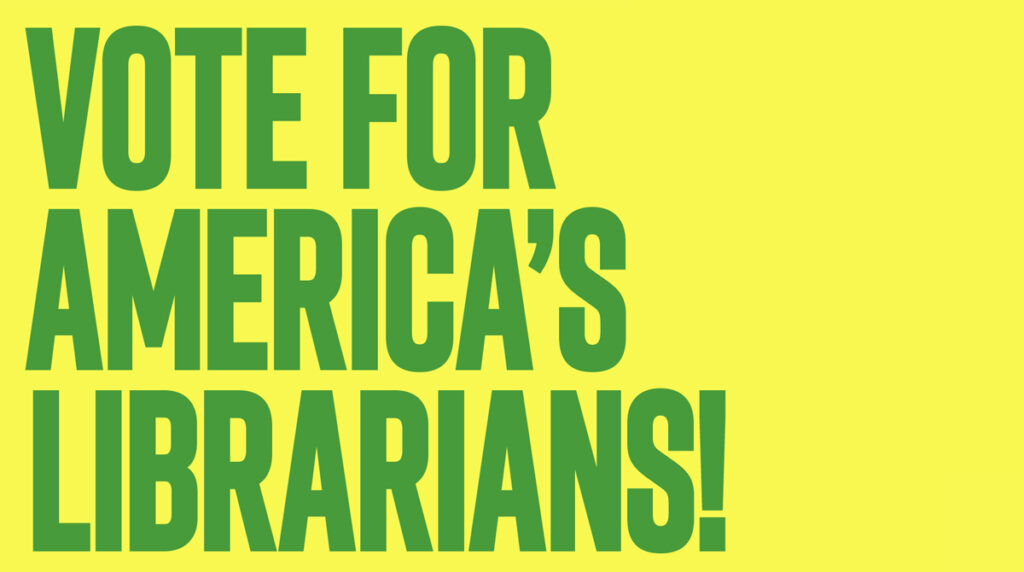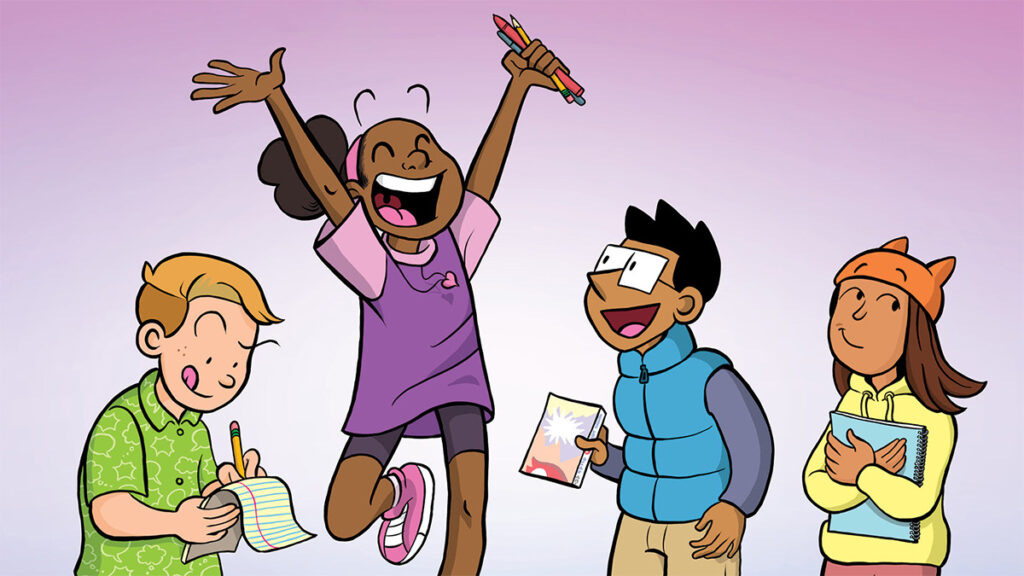School and public libraries across the U.S. are currently experiencing an unprecedented increase in book censorship attempts. And many of the books being challenged and removed focus on LGBTQIA+ issues; document the Black and BIPOC experience; or are written by Black authors.
As Deborah Caldwell-Stone, director of the American Library Association’s (ALA) Office for Intellectual Freedom told NBC News on November 12, “I've worked at ALA for two decades now, and I've never seen this volume of challenges come in. The impact will fall to those students who desperately want and need books that reflect their lives, that answer questions about their identity, about their experiences that they always desperately need and often feel that they can't talk to adults about."
Are you frustrated by these attempts to censor books? Here are three steps you can take now to stand with libraries and protect the freedom to read.
1. Follow news and social media in your community and state to keep apprised of organizations working to censor library or school materials.
2. Show up for library colleagues at school or library board meetings and speak as a library advocate and community stakeholder who supports a parent's right to restrict reading materials for their own child but not for all readers.
3. Educate friends, neighbors, and family members about censorship and how it harms communities. Share information from Banned Books Week 2021.
ALA offers resources to assist library workers and library advocates in responding to and supporting others facing such challenges. If you’re experiencing a book challenge, please report it to ALA’s Office for Intellectual Freedom and let them know if you need assistance.
And since it's Giving Tuesday, please consider a donation to the American Library Association. ALA actively advocates and educates in defense of intellectual freedom—the rights of library users like you to read, seek information, and speak freely as guaranteed by the First Amendment.



